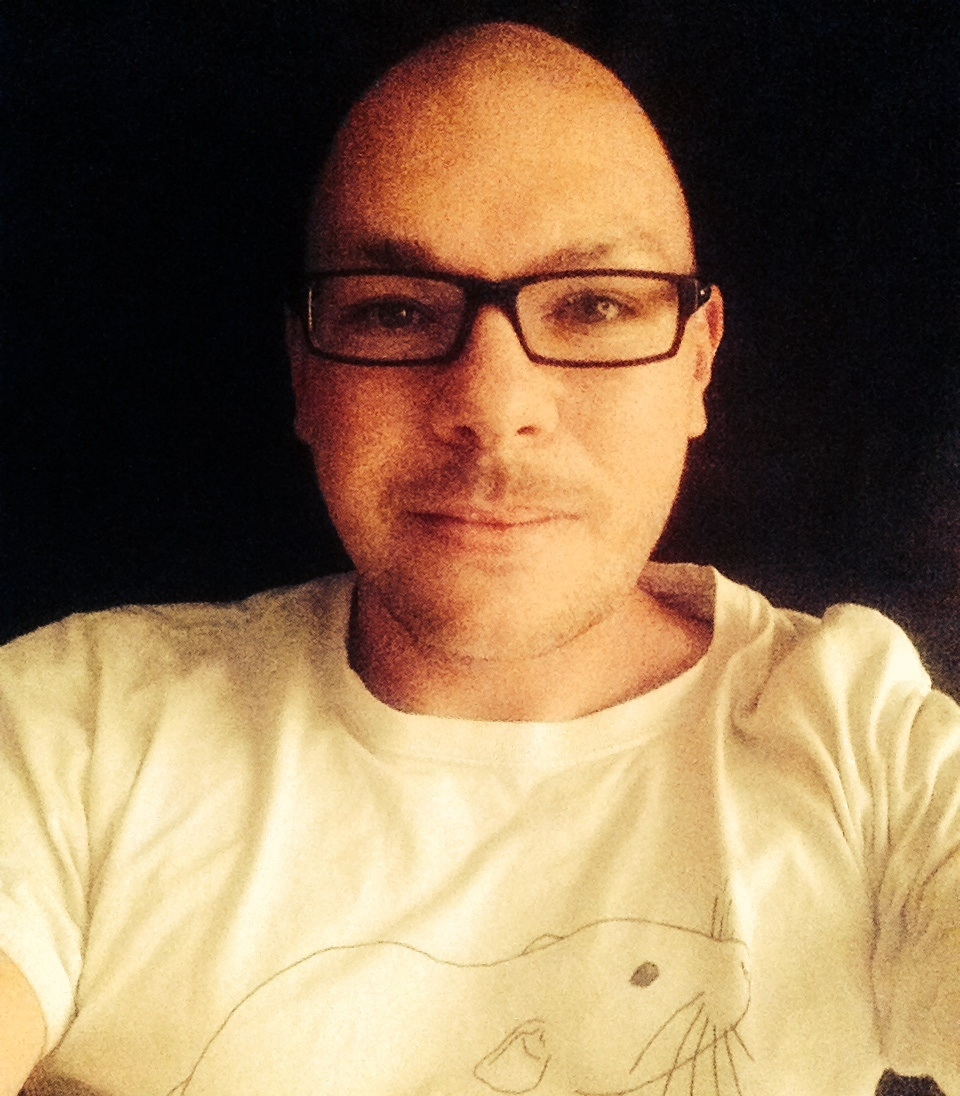Team
Nathen Murawski

How I got into science
Science attracts the naturally curious, those brimming with questions and longing for answers. My own curiosity had led me to study the liberal arts: literature, history, philosophy. But what directed me towards science was not only my desire to better understand the world but to apply what I’d learned to help others.
I began my higher education at a 2-year college. While engaged in my liberal arts studies, I took a single course that profoundly changed the direction of my life. During a biological psychology lecture we discussed the devastating memory impairments associated with Alzheimer’s disease. From that lecture a single question arouse: what does it mean to have lived a life if one cannot remember having lived it? I’ve been studying the neural basis of memory ever since.
Non-science biography:
I’m a book nerd. From Fyodor Dostoevsky to Richard Wright to William Shakespeare to James Joyce. I feel as comfortable enmeshed in my books as I do when I’m dancing to classic 80s synth-pop. Outside, I love exploring the world – hiking and camping and the rest. I love running, biking, and swimming (a few triathlons keep things interesting). But, besides the mind and the body, I’ve always felt there was something more: friendships. When I was young I read a lot of Aristotle. In his Nicomachean Ethics, I was struck by the latter chapters on Friendship. There is always this drive to better oneself – but a main aspect of that is to better oneself in light of others. No life is lived in isolation. To truly live is to live a life in the company of others. I’ve never forgotten that.
Research Interests
1) Neurobiology of learning and memory. In particular, how does the brain represent context, the multimodal integration of contextual elements into a coherent whole? The role that the hippocampus plays in contextual representation; its role in episodic memory; and how understanding the neural basis of context representation can inform us on disorders of memory and their treatment.
2) Stress and memory. Early life stress has profound effects on neural development and the latter emergence of stress-related neurological disorders, including substance-related disorders. For example, how does stress, at the neurological level, contribute to stress-related relapse behaviors in those addicted to alcohol? Stress (e.g., PTSD) and substance abuse are often co-morbid; understanding how these neural systems interact (the stress and addiction systems) might lead to better treatments for those who suffer from these disorders.
3) Memory disorders and their treatments. Developmental disorders have a profound impact on brain processes and, in particular, memory function. For example, individuals exposed to alcohol developmentally (those with FASD, for example) show significant neural dysfunction and associated deficits in learning and memory. One promising treatment involves supplemental choline, an essential nutrient necessary for normal cholinergic function in the brain. Developmental alcohol exposure affects the cholinergic system in the brain and choline treatment in animal models of FASD mitigates some of these neural and behavioral impairments. How might a nutritional intervention affect the brain of those impacted with a developmental disorder, such as FASD, and could we develop targeted interventions (nutritional or otherwise) to improve the outcomes of those affected?
These research interests are tied together by my interest in how the brain forms, stores, and retrieves memories. The main aim is developing effective treatments to restore normal memory function when normal memory processes are impaired.
Favorite...
Book:
The Brothers Karamazov
Movie:
Zoolander
Show:
Futurama
Music:
Joy Division
Food:
Mexican
Drink:
Chocolate Stout
Activity:
Dancing
Coffee, friend or foe:
friend with benefits